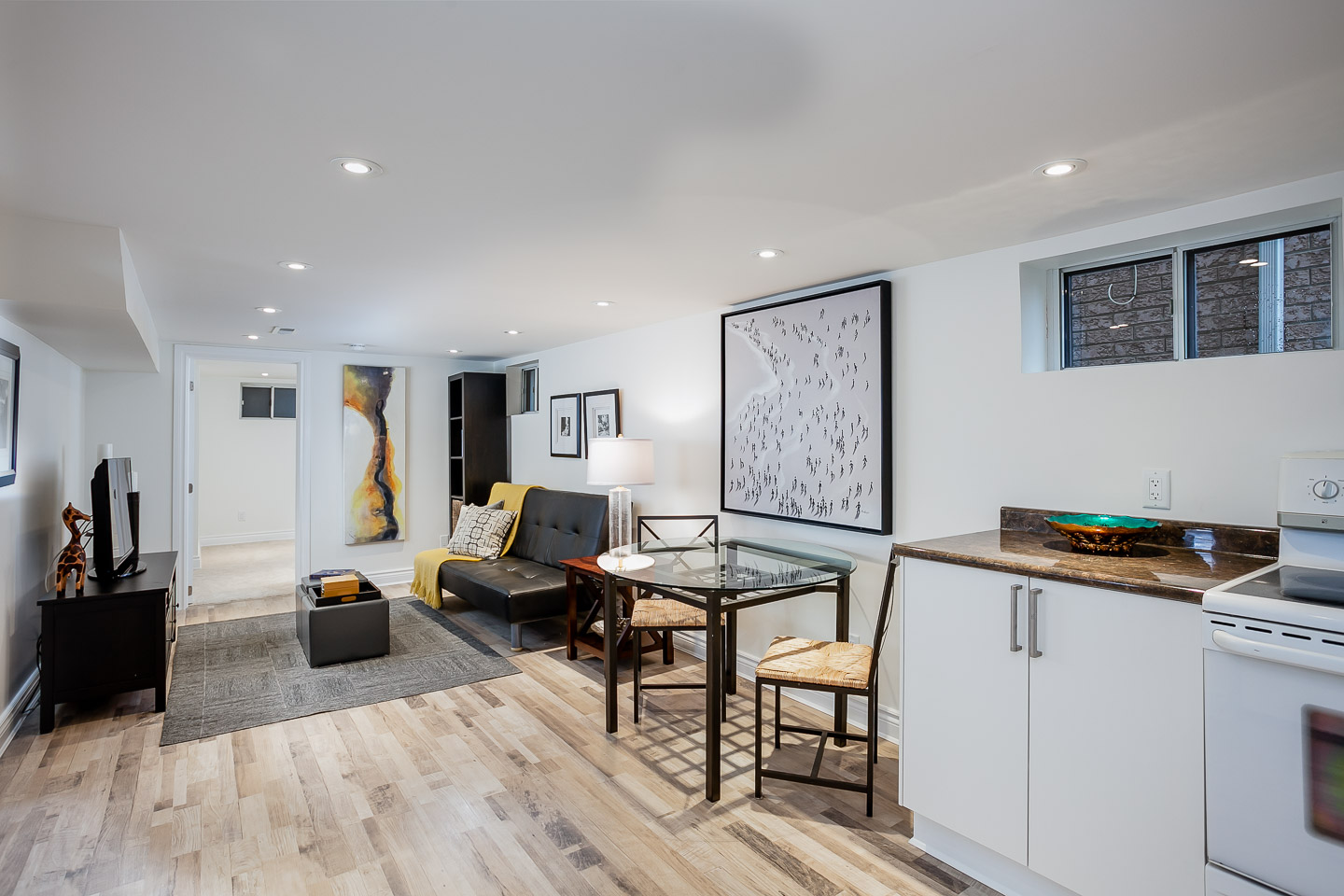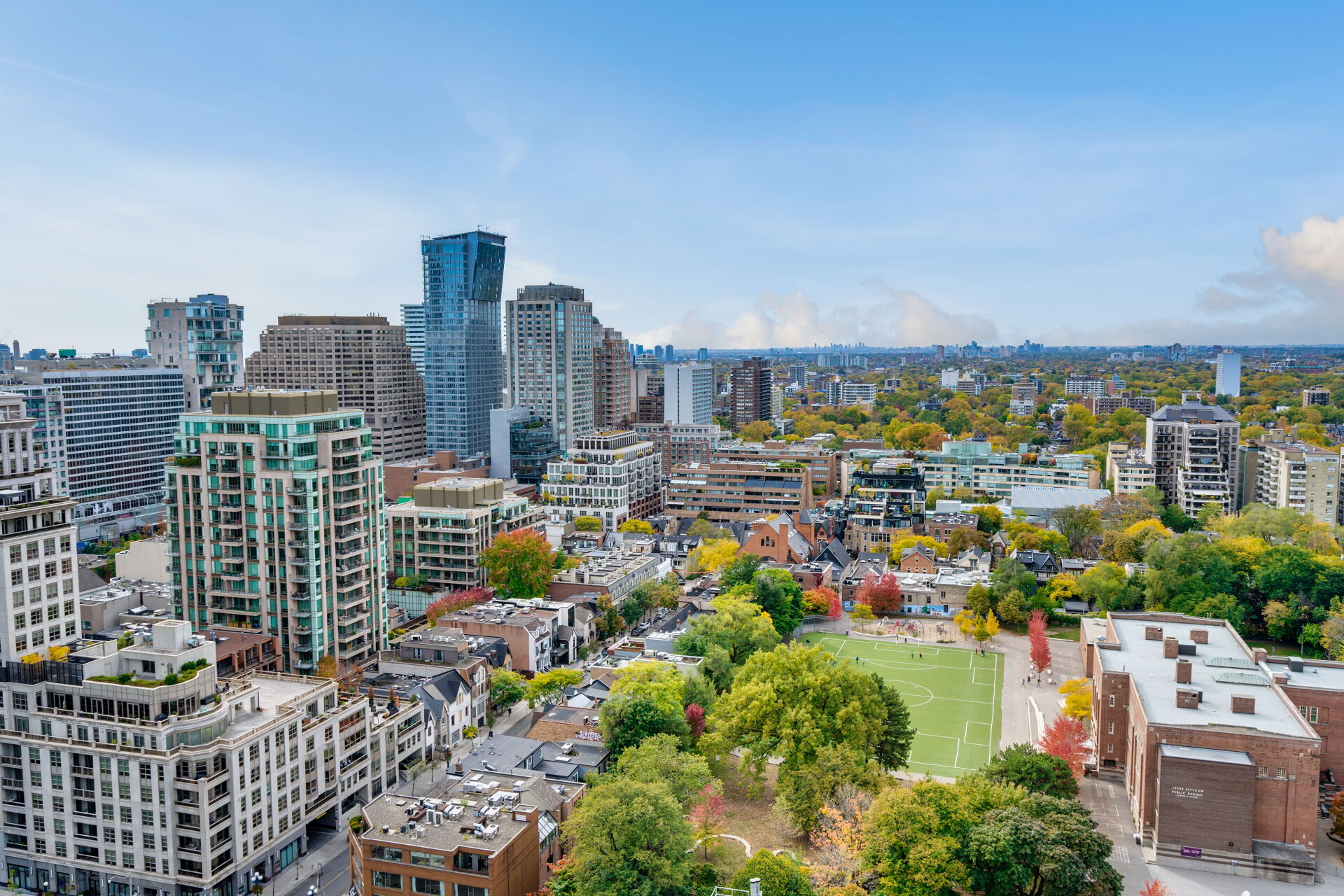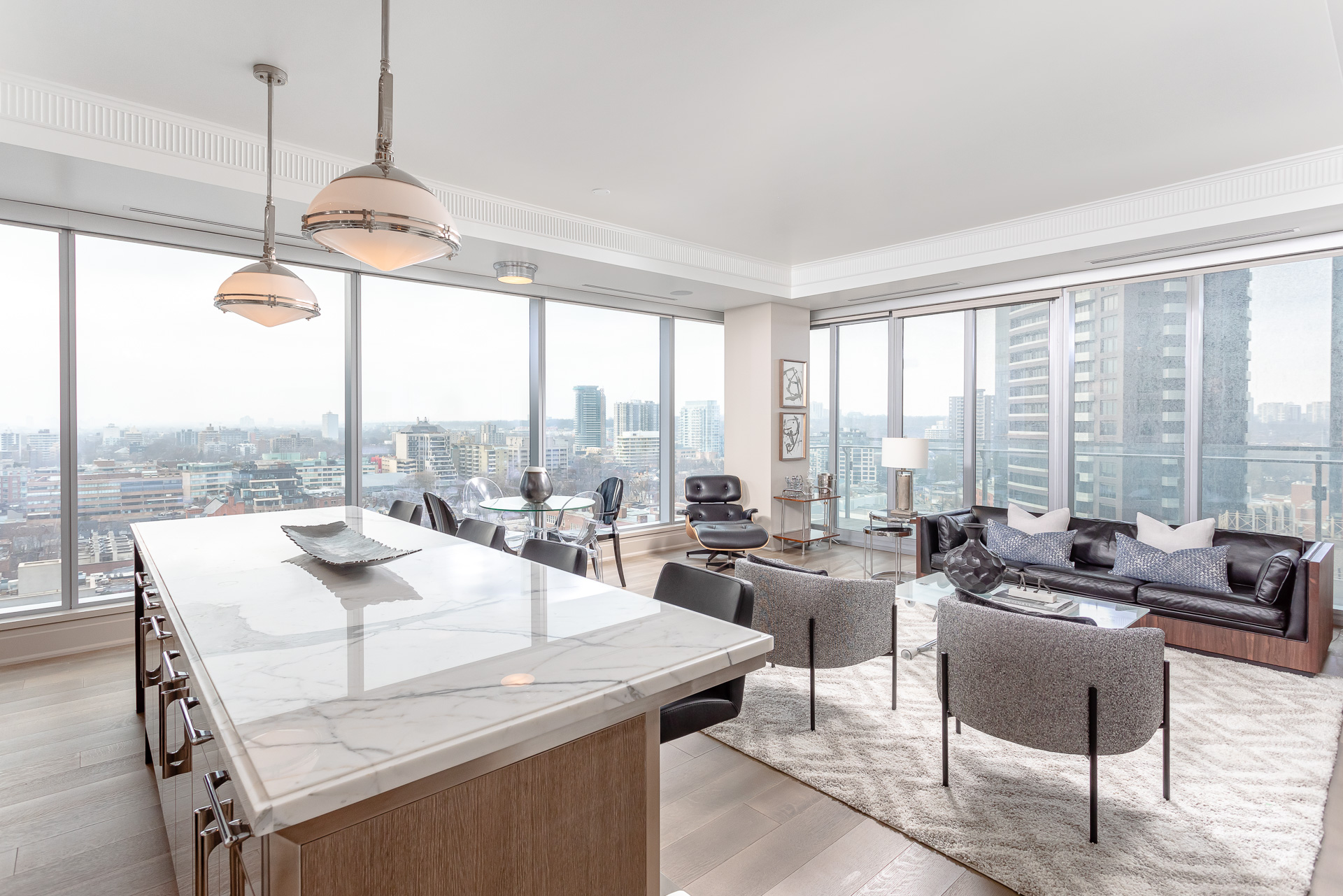
Is a basement apartment part of your home-ownership plan?
If a Basement Apartment is Part of Your Home-ownership Plan, Keep These Lower Suite Guidelines Top of Mind
June 27, 2018 – By Alison Cook (alisoncookathome@gmail.com)
To make home ownership more affordable today some buyers are turning to space-sharing, renting out a portion of their home to someone else. Using another person’s income to pay down your mortgage can make sense; it helps you to build equity while lessening your financial burden and done properly it can get you further faster. In fact, according to a recent CIBC survey, resourceful millennials are leading the trend with 30 per cent of millennial home owners saying they’re landlords already and 17 per cent stating they’re planning to be.
Basement apartments with their separate entrances and the ease with which they can be cut off from the rest of a home are a popular space-sharing strategy. While many MLS listings promote homes with lower suites, don’t assume a unit is legal just because it’s mentioned as a selling feature. In fact, the vast majority in Toronto aren’t legal. Before committing to a home, do your research and make sure you understand the many elements required for a basement suite to be legal and safe. From the moral to financial implications, not providing a tenant with a dwelling that meets local guidelines can be risky. Here are some of the most important elements to keep top of mind when assessing a subterranean suite:
- Is the building the right type and age – as of today, basement apartments in Toronto are allowed (in some municipalities they’re not) in detached and semi-detached homes that are more than five years old
- If you’re constructing the unit make sure it’s constructed according to the Ontario Building Code (OBC). Even adding a kitchen to a basement requires a building permit. If it’s an existing basement apartment, make sure it’s been built according to the OBC
- The home’s exterior façade cannot be significantly altered to accommodate a basement apartment
- The second suite must be self-contained with its own entrance, kitchen and bathroom
- Second suites cannot be larger than the rest of the home
- Measure the ceiling height and make sure it’s a minimum of 6 feet 5 inches and do the same with the entrance door, making sure it’s a minimum of 32 inches by 78 inches
- The bathroom must have a window or ventilation fan
- Fire safety requirements are a critical consideration and there are four essential musts outlined by the City of Toronto. They are:
- Smoke detectors and carbon monoxide detectors must be installed and working
- Means of escape – if the basement has its own separate entrance that isn’t shared with another unit then that door is the only required means of egress. If the door is shared then there must be a second exit which can be a window, as long as the window is 600 square inches with the smallest dimension being 18 inches
- Electrical safety must be approved by an Electrical Safety Authority inspector
- Fire containment – it’s essential that the unit has been constructed so that it meets fire containment requirements, which are designed to protect one unit from another with building materials that will help to slow a fire’s spread
- Listings that say “seller does not warrant retrofit status of basement apartment” are essentially providing a caveat or disclaimer telling sellers they need to do their own due diligence to make sure the basement apartment is legal and conforms to municipal regulations, from zoning by-laws to fire code requirements
- To be a legal unit, it must be certified by the municipality where it’s located. Contact the municipal government to have the unit assessed and certified if doesn’t already have papers. Here’s the link if you’re in Toronto. If it’s not certified you open yourself up to a variety of complications that not only can make your life a headache but can cost you money down the road.
A knowledgeable real estate agent can be a great resource when considering a lower suite, helping you to assess an existing unit or the opportunity to create one as well as understand its potential value in terms of both rental income and resale. Here’s a great site for more information on basement apartments: http://www.secondsuites.info/. If you have more questions, feel free to contact me.



